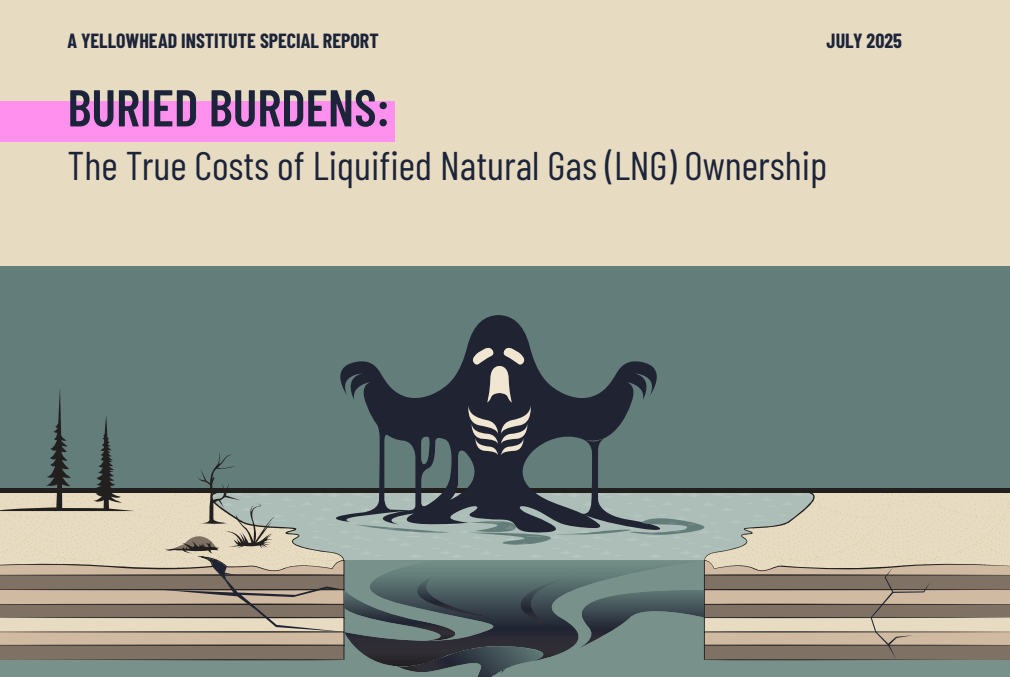
Takeaway: Responsible development must respect consent, title, and long-term environmental, social, and economic sustainability. The Yellowhead Institute’s report urges reconsideration of Prince Rupert Gas Transmission pipeline and Ksi Lisims in light of these risks. The full version: We want to highlight a recent Yellowhead Institute report on the Prince Rupert Gas Transmission pipeline and Ksi Lisims LNG facility in British Columbia. This project, approved in 2014, is one of Canada’s largest LNG initiatives, yet it crosses multiple Indigenous territories, including Gitxsan and Tsimshian lands, without full consent. Indigenous partners investing in this project face significant financial risks. The project relies on short-term LNG contracts, faces potential construction cost overruns, and investors may not see returns for a decade. Co-ownership exposes nations to both profits and losses, yet economic benefits like jobs often fail to materialize. Environmental and social risks are severe. Work camps raise local living costs and create safety concerns, particularly for Indigenous women. Impacts on salmon and other ecosystems are poorly addressed. Meanwhile, the pipeline route has changed, and modern environmental standards are waived, leaving courts unlikely to protect affected nations. This report also highlights a troubling colonial tactic: pitting Indigenous nations against each other. Some smaller nations feel powerless to resist and hope to gain economically, while neighboring nations are pressured to consent. Buried Burdens: The True Costs of Liquified Natural Gas (LNG) Ownership
References
https://yellowheadinstitute.org/resources/summary-report-buried-burdens-the-true-costs-of-liquified-natural-gas-lng-ownership/
https://yellowheadinstitute.org/report/buried-burdens-the-true-costs-of-liquified-natural-gas-lng-ownership/











